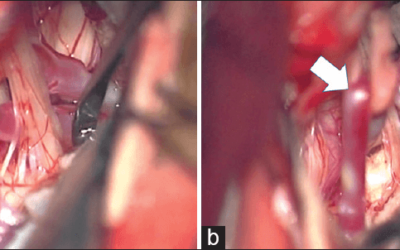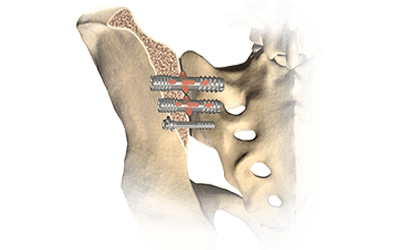Levetiracetam And Its Effects On Transcranial Motor Evoked Potentials During Surgery
Levetiracetam (AKA Keppra)
It’s pretty widely accepted that inhalational agents and muscle relaxants will reduce the effectiveness of transcranial motor evoked potentials during surgery. There is also a growing amount of evidence that Precedex should also be considered a medication on the “only use if necessary, and then really limit the amount if you have to use it, but we probably should use it” list.
But there are some less often used medications that can cause effects on motor evoked potentials that we need to be aware of. For example, I already wrote about the effects of sugammadex on muscle relaxants when you have 0/4 twitches. Not something you’re likely to see tomorrow, but who knows what tomorrow brings. If the anesthesiologist happened to ask you if it is OK to use this with what you’re recording, you need to be able to give an informed answer.
Like inhalational agents and Dexmedetomidine, another medication that has some evidence to decreasing motor evoked potentials during surgery is Levetiracetam (also known as Keppra). This drug is used for anticonvulsant purposes and is typically given perioperatively. If you’re doing craniotomies, then you’re used to hearing the anesthesiologist tell the surgeon that Keppra was given.
At the 2014 Winter Society for Pediatric Anesthesia (SPA) meeting held in conjunction with the American Academy of Pediatrics (AAP) Section on Anesthesiology and Pain Medicine, Hsu et al presented a case report demonstrating the loss and recovery of motor evoked potentials during the use of Levetiracetam infusion during a craniotomy.
In that presentation, they highlight an abrupt change once the Levetiracetam infusion began with recovery to baselines as the infusion was aborted. This was reported twice during the case during times where it was not thought reasonable to be a cause due to surgery or other metabolic factors.
As pointed out by the author, this shouldn’t be too much of a stretch to believe seeing as Keppra is thought to inhibit presynaptic calcium channels which can lower the amount of neurotransmitter released and has been shown to decrease magnetic motor evoked potentials when given orally.
In my own little neuromonitoring world, it seems like there is an increase in surgical orders to utilize neuromonitoring for craniotomies. Knowing about the transient effects of Levetiracetam can help the surgical team better understand when to give the medication and how to utilize motor evoked potentials during that time.

Joe Hartman
Subscribe to our Awesome Newsletter.
Keep Learning
Here are some related guides and posts that you might enjoy next.
How To Have Deep Dive Neuromonitoring Conversations That Pays Off…
How To Have A Neuromonitoring Discussion One of the reasons for starting this website was to make sure I was part of the neuromonitoring conversation. It was a decision I made early in my career... and I'm glad I did. Hearing the different perspectives and experiences...
Intraoperative EMG: Referential or Bipolar?
Recording Electrodes For EMG in the Operating Room: Referential or Bipolar? If your IONM manager walked into the OR in the middle of your case, took a look at your intraoperative EMG traces and started questioning your setup, could you defend yourself? I try to do...
BAER During MVD Surgery: A New Protocol?
BAER (Brainstem Auditory Evoked Potentials) During Microvascular Decompression Surgery You might remember when I was complaining about using ABR in the operating room and how to adjust the click polarity to help obtain a more reliable BAER. But my first gripe, having...
Bye-Bye Neuromonitoring Forum
Goodbye To The Neuromonitoring Forum One area of the website that I thought had the most potential to be an asset for the IONM community was the neuromonitoring forum. But it has been several months now and it is still a complete ghost town. I'm honestly not too...
EMG Nerve Monitoring During Minimally Invasive Fusion of the Sacroiliac Joint
Minimally Invasive Fusion of the Sacroiliac Joint Using EMG Nerve Monitoring EMG nerve monitoring in lumbar surgery makes up a large percentage of cases monitored every year. Using EMG nerve monitoring during SI joint fusions seems to be less utilized, even though the...
Physical Exam Scope Of Practice For The Surgical Neurophysiologist
SNP's Performing A Physical Exam: Who Should Do It And Who Shouldn't... Before any case is monitored, all pertinent patient history, signs, symptoms, physical exam findings and diagnostics should be gathered, documented and relayed to any oversight physician that may...








0 Comments